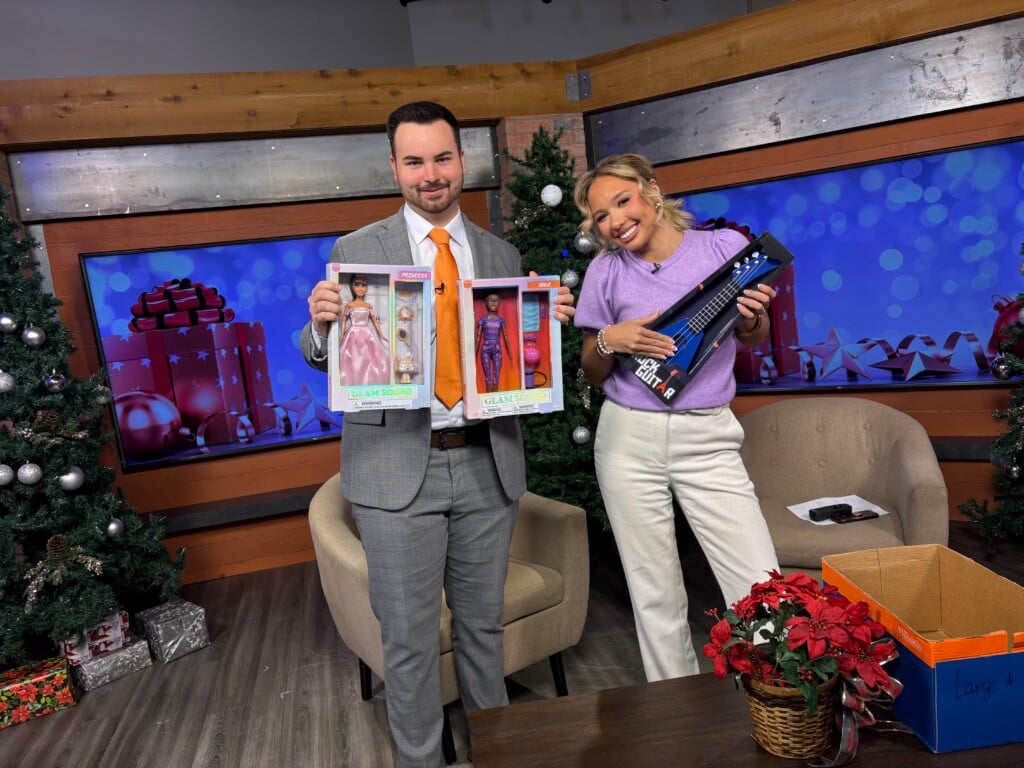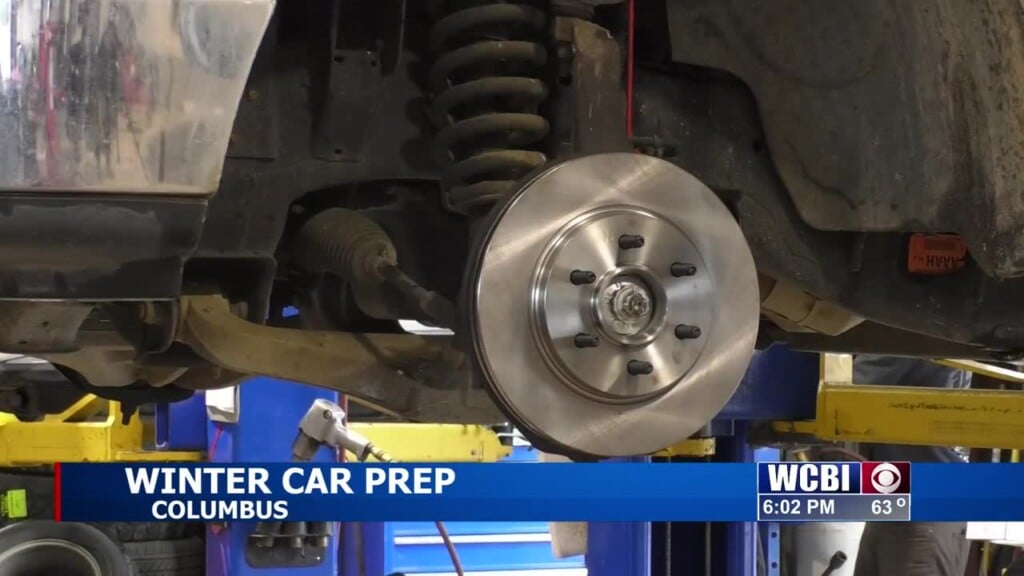Okolona Poultry Farmer Learns From MSU

Okolona poultry grower Joe Ellis, left, watches as Mississippi State University poultry scientists Morgan Farnell, center, and Tom Tabler dig litter samples from the floor of one of his broiler houses on March 6, 2014. MSU researchers are collecting samples from houses across the state to update fertility data. (Photo by MSU Ag Communications/Linda Breazeale)
By Linda Breazeale/MSU Ag Communications
OKOLONA – Okolona poultry grower Joe Ellis did not even want the Mississippi State University Extension Service professor to get out of his vehicle unless he had practical experience raising chickens.
Tom Tabler was new to Mississippi, but he was not new to the challenges poultry growers like Ellis face every day — and sometimes night.
“I know what it feels like to wake up to alarms going off at 3 in the morning,” said Tabler, the MSU Extension poultry specialist.
Tabler, who came to MSU in 2012, earned a bachelor’s degree in poultry science before working at a private farm in Arkansas. Then he returned to school and ran the University of Arkansas’ poultry facility near Fayetteville for 21 years, obtaining his master’s and doctorate degrees along the way.
“I knew exactly where Joe was coming from when he asked first for my credentials. There is a lot more that goes into raising birds than can be found in books and classrooms,” Tabler said. “There is a lot of science that goes into raising birds, but there is a lot of art, too.”
Ellis, who started raising broilers for Peco Farms in 2008, turned to MSU’s Extension Service in 2013 when his evaporative cooling pads, which are essential in the summer heat, were not lasting as long as they should. With $30,000 worth of cooling pads around his six broiler houses, he was highly motivated to resolve the problem.
“Normally, these pads should last eight or nine years, but mine needed to be replaced after just a couple of years,” Ellis said. “We knew it had to be an issue with the water. The solution was adding a gas chlorinator and chemical pump that injects apple cider vinegar into the water, which tested high in sodium and chloride before we treated it.”
Ellis said he could see improvements in the pads and the birds after the adjustments to the water quality.
“Feed conversions went down, and water consumption went up. Those are good signs for the birds,” Ellis said. “The cooling pads were cleaner, too.”
Tabler said before adjusting the water, many of the feed nutrients were passing through the birds’ digestive system too quickly due to high sodium and chloride levels and a high pH in the water supply. The chemical pump and gas chlorinator that makes up the new water system improved the birds’ abilities to convert feed nutrients and improve growth and neutralized the damage being done to the cool cell pads.
After addressing the water issue, Tabler and associate poultry professor Morgan Farnell turned their attention to other aspects of Ellis’ poultry operation, including lighting and litter.
“Joe Ellis is one of those very progressive growers who are willing to try new things to improve management practices,” Tabler said. “We recommended that he switch to LED (light-emitting diode) lighting in his houses to see the difference it can make in energy use. While LEDs are much more expensive up front, the monthly costs are significantly lower. They can cut up to 80 percent off the energy use from light bulbs, and they last longer than traditional bulbs.”
Additionally, Tabler and Farnell are gathering litter samples from the floors of 200 poultry houses across the state to be analyzed for nitrogen, phosphorus, potash, pH and moisture content. The results should provide a better understanding of the nutrient profile of Mississippi poultry litter today.
The research, sponsored by the Mississippi Farm Bureau, is designed to test the amount of phosphorus in litter compared to samples from 20 years ago. Farm Bureau is working closely with the MSU poultry science department, the Mississippi Agricultural and Forestry Experiment Station and all the poultry companies in the state to provide waste management assistance to the state’s poultry growers.
“The numbers that the Department of Environmental Quality and the Natural Resources Conservation Service are using are from before the phytase enzyme was added to poultry feed to make phosphorus from grain more available to the bird and before high-available phosphorus grain sources were developed,” Farnell said. “We believe there will be a change in regulations based on these results. We are hoping we are on the right track regarding waste management issues. This is a big issue anywhere chickens are grown.”
The Mississippi State Chemical Laboratory, which is located at MSU, recently reduced the testing fee for poultry litter from $115 to $35 per sample. Mississippi growers are less likely to turn to out-of-state laboratories for these required annual tests.
Farnell said MSU is committed to doing whatever it takes to help the state’s poultry industry, which is the state’s No. 1 agricultural commodity. MSU agricultural economists estimated the 2013 industry value at $2.7 billion, which is 10 percent more than in 2012 and 13 percent more than the five-year average.





Leave a Reply